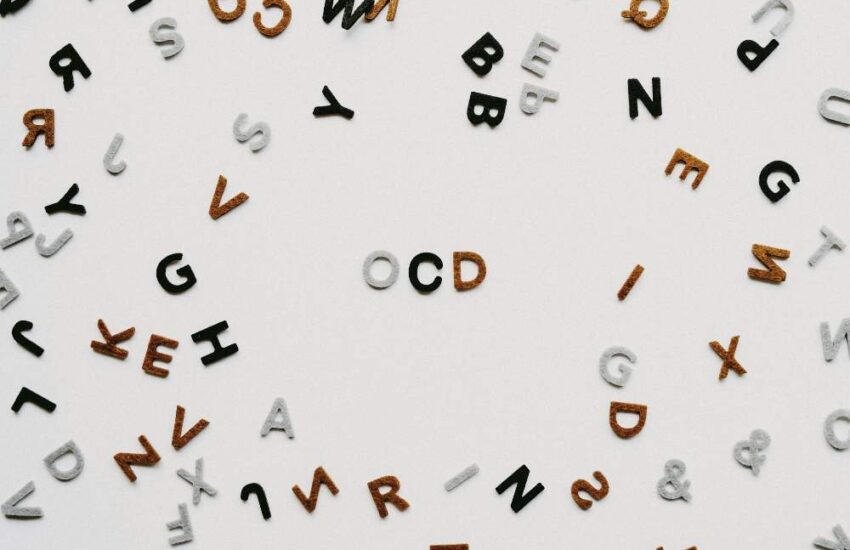Understanding Opioid Addiction: A Comprehensive Guide
Millions are caught in the grip of opioid addiction, a severe crisis spanning from prescription painkillers to heroin. Opioids encompass everything from painkillers to heroin. They can quickly trap individuals in a cycle of dependency and despair. We’re going to unpack the complex world of opioid addiction, exploring its roots, impacts, and routes toward healing.

What Are Opioids?
Opioids, which range from doctor-prescribed medications like hydrocodone and oxycodone to morphine, as well as street drugs such as heroin, all share the ability to dull pain and evoke a sense of calm bliss. Opioids latch onto receptors in the brain, dulling pain while sparking a sense of bliss and calm. They are incredibly effective at managing pain when used as directed by a healthcare professional. However, misuse and overuse can lead to addiction.
The opioid crisis began in the late 1990s when many pharmaceutical companies began aggressively marketing prescription opioids as safe and non-addictive pain management solutions. Doctors started handing out these opioids like candy, not realizing they were setting off a massive spike in addictions and fatal overdoses. As individuals developed tolerance, many turned to illicit alternatives like heroin.
Understanding Addiction
Addiction grabs hold of the brain, driving a relentless pursuit of drugs despite the clear damage it’s doing. Opioid addiction hijacks the brain’s reward system, essentially rewiring it to prioritize drug use above all else. Getting hooked on opioids can mess with your body’s need for the drug, bring on nasty withdrawal when you try to quit and throw a wrench in all parts of your life.
Catching the warning signs of opioid addiction quickly can make all the difference in seeking effective treatment. Spotting opioid addiction early can be key, so watch for these telltale symptoms.
- Persistent cravings for opioids
- Increased tolerance, requiring higher doses to maintain the same effect
- When attempting to quit or cut back on opioid use, there are serious withdrawal symptoms
- Neglecting responsibilities at work, school, or home
- Engaging in risky behaviors to obtain opioids
Treatment Options
There are various treatment options available for individuals struggling with opioid addiction. Numerous strategies stand ready to support those grappling with opioid addiction, offering a lifeline in their journey toward recovery.
- Medication-assisted treatment, or MAT, merges specific meds like methadone with therapy and counseling to tackle substance use disorders.
- Rehab programs, whether you stay overnight or just drop in for sessions, offer intense therapy to help tackle the mental and emotional battles that come with addiction.
- Support groups such as Narcotics Anonymous (NA) or SMART Recovery offer peer support and encouragement from individuals who have experienced similar challenges.
Battling opioid addiction takes a solid pledge, loads of patience, and a robust support circle to see you through. Tackling opioid addiction head-on means leaning on experienced healthcare experts and drawing strength from family and friends who’ve got your back. Battling addiction is tough, but remember that with each stride you make, you’re inching toward getting your life back on track.


